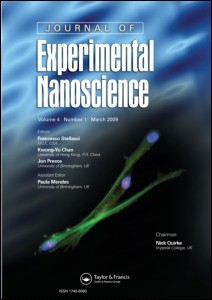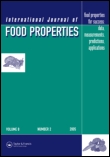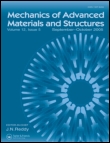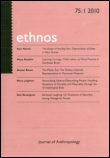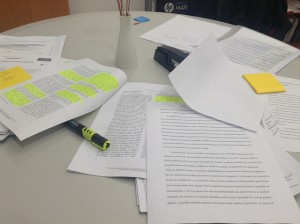
How should scientists think about papers that have undergone what appears to be a cursory peer review? Perhaps the papers were reviewed in a day — or less — or simply green-lighted by an editor, without an outside look. That’s a question Dorothy Bishop, an Oxford University autism researcher, asked herself when she noticed some troubling trends in four autism journals.
Recently, Bishop sparked a firestorm when she wrote several blog posts arguing that these four autism journals had a serious problem. For instance, she found that Johnny Matson, then-editor of Research in Developmental Disabilities and Research in Autism Spectrum Disorders, had an unusually high rate of citing his own research – 55% of his citations are to his own papers, according to Bishop. Matson also published a lot in his own journals – 10% of the papers published in Research in Autism Spectrum Disorders since Matson took over in 2007 have been his. Matson’s prodigious self-citation in Research in Autism Spectrum Disorders was initially pointed out by autism researcher Michelle Dawson, as noted in Bishop’s original post.
Short peer reviews of a day or less were also common. Matson no longer edits the journals, both published by Elsevier.
Bishop noted similar findings at Developmental Neurorehabilitation and Journal of Developmental and Physical Disabilities, where the editors (and Matson) frequently published in each others’ journals, and they often had short peer reviews: The median time for Matson’s papers in Developmental Neurorehabilitation between 2010 and 2014 was a day, and many were accepted the day they were submitted, says Bishop.
Although this behavior may seem suspect, it wasn’t necessarily against the journals’ editorial policies. This is the peer review policy at RIDD:
Continue reading Poll: What to do when peer review feels inadequate?
